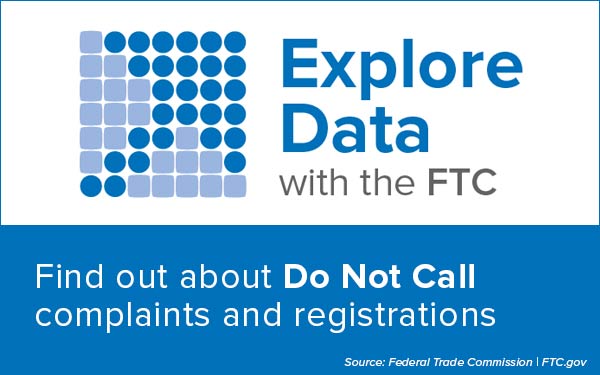
FTC Takes Aim at Top Fraud Driving Losses Among Older Americans

The Federal Trade Commission has approved final amendments to its Telemarketing Sales Rule (TSR) that will extend the rule’s coverage to so-called “inbound” telemarketing calls made for technical support services. These would include calls made by consumers to companies pitching technical support services through advertisements or direct mail solicitations.
“The Commission will not sit idle as older consumers continue to report tech support scams as a leading driver of fraud losses,” said Samuel Levine, Director of the FTC’s Bureau of Consumer Protection. “Expanding the TSR to make sure calls for tech support services are covered will help us hold businesses accountable and get money back for injured consumers.”
As the FTC recently reported to Congress, last year consumers 60 and older were five times more likely than younger people to report losing money on a tech support scam. Older consumers reported more than $175 million in losses to tech support scams last year.
In April 2024, the FTC announced that it was seeking public comment on the TSR regarding a proposal to extend the rule’s coverage to inbound telemarketing calls to technical support services. Many tech support scams try to trick consumers into calling them by using pop-up alerts and other tactics that claim that consumers’ computers or other devices are infected with malware or other problems in order to sell them bogus tech support services.
Tech support scams often want the caller to pay for tech support services they don't need, to fix a problem that doesn’t exist. They often ask consumers to pay by wiring money, putting money on a gift card, prepaid card, or cash reload card, or using cryptocurrency or a money transfer app because they know those types of payments can be hard to reverse. So far in 2024, consumers have reported losing more than $165 million to tech support scams.
The TSR has been updated regularly since 2000, leading to amendments in 2003 to create the national Do Not Call Registry for telemarketers, as well as in 2008 and 2010, when the rule was amended to specifically address pre-recorded telemarketing calls and debt collection services, respectively. In March 2024, the Commission amended the rule to prohibit deception in calls between businesses. The final rule announced today follows staff’s evaluation and consideration of the 25 submissions received during the public comment period.
The Federal Register notice announcing the final rule summarizes the comments received, addresses concerns raised, and proposes one modification regarding the definition of technical support services. It otherwise adopts the amendments as proposed earlier this year.
According to the statement of basis and purpose accompanying the notice, the final rule announced today:
- Defines technical support services as “any plan, program, software, or service that is marketed to repair, maintain, or improve the performance or security of any device on which code can be downloaded, installed, run, or otherwise used, such as a computer, smartphone, tablet, or smart home product, including any software or application run on such a device;" and
- Adds “technical support services” to the categories of calls excluded from the TSR’s exemptions for inbound calls made “in response to an advertisement through any medium, as well as those made in response to direct mail solicitation including email.”
The Commission vote approving publication of the notice in the Federal Register was 4-1, with Commission Andrew Ferguson voting no and issuing a dissenting statement. Commissioner Melissa Holyoak issued a separate concurring statement. Most provisions of the final rule will become effective 60 days after publication.
The primary staff attorney who developed the final rule is Benjamin Davidson in the FTC’s Bureau of Consumer Protection.
Distribution channels: Business & Economy
Legal Disclaimer:
EIN Presswire provides this news content "as is" without warranty of any kind. We do not accept any responsibility or liability for the accuracy, content, images, videos, licenses, completeness, legality, or reliability of the information contained in this article. If you have any complaints or copyright issues related to this article, kindly contact the author above.
Submit your press release